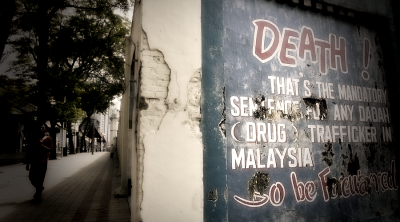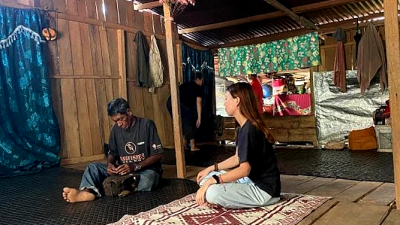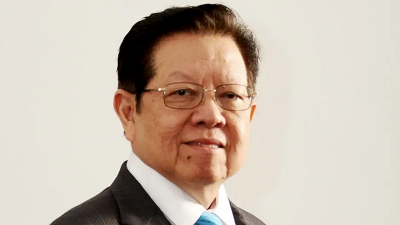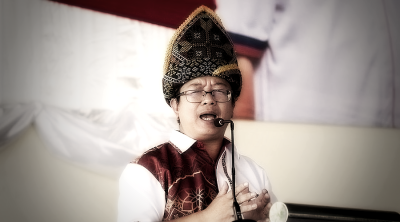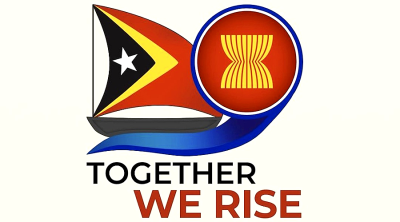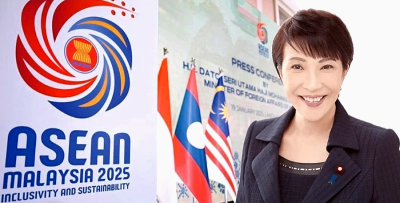Sin Chew Daily
It was an unprecedented move of Prime Minister Datuk Seri Ismail Sabri Yaakob to meet the leaders of opposition parties on Wednesday.
Ismail is the first prime minister after the late Tun Abdul Razak, second prime minister of Malaysia, to meet the opposition and reach a consensus on collaboration.
The meeting was in line with the King’s decree for politicians on both sides of the divide to work together in combating the COVID-19 pandemic.
After meeting Opposition Leader cum Parti Keadilan Rakyat president Datuk Seri Anwar Ibrahim, DAP secretary-general Lim Guan Eng and Parti Amanah Negara president Mohamad Sabu, Ismail issued a joint statement that both sides had agreed on consolidating the parliamentary system, maintaining judicial independence, initiating institutional reforms and good policies.
People’s welfare comes before political interests to improve the negative perception people have on politicians.
Prior to this, the internal feud in Perikatan Nasional and disputes among the opposition parties have contributed to political instability and the unsatisfactory performance in tackling the COVID-19 pandemic.
People’s livelihood has been badly affected by the pandemic and many companies have closed down while unemployment rates surge.
The consensus reached between the PM and PH offers a ray of hope on battling against the pandemic and ensuring economic recovery.
Malaysians at large hope that the collaboration between the government and opposition is not about consolidating powers but for the well-being of the people. The government should not be seeing opposition parties as political enemies and vice versa.
It is time to change such old thinking. The current challenge for politicians on both sides of the divide now is to implement the consensus.
Ismail gains mileage for taking up an important step to achieve a “Malaysian Family” to stabilize the new government he leads.
The three opposition parties under PH have been slammed for rejecting former PM Muhyiddin Yassin’s offer to establish a bipartisan government.
By accepting Ismail’s proposal, this reflects maturity in the spirit of democracy.
PH should accept Ismail’s invitation to join the National Recovery Council and the special committee on COVID-19 to walk the talk of collaborating with the government.

Efforts to revive the economy and fight the pandemic will require closer collaboration from all members of parliament and not just the government alone as this involves federal, state, local and districts.
Sharing of power will ensure fairness and effectiveness in policy implementation with wider coverage.
At present, the government and opposition are of comparable strength in the parliament with Ismail commanding only a very thin majority.
In order to resolve major issues especially in the midst of the pandemic, politicians must work together and negotiate to ensure that key matters such as the Budget will be properly drafted and implemented for the sake of the people and economic recovery.
From the political point of view, collaboration between Ismail under the Umno ticket and PH is a win-win for both. As PH has expressed its willingness to assist the PM in the confidence vote with the condition he implements good policies, Ismail is likely to survive the challenge.
PH, on the other hand, has demonstrated its political maturity and this will help strengthen the opposition in playing its checks and balances role. It will gain points for its campaign in the coming election.
On political gains, Ismail will be the biggest winner. His position will be even more solid with the backing of the opposition, easing tensions from Umno and Bersatu.
Prior to this, political analysts are worried that Ismail may not survive the confidence vote in Dewan Rakyat. To some extent the cabinet line-up will determine his survival in the August House.
Bersatu has demanded that cabinet members must be clean and untainted by corruption.
As the cabinet line-up is expected to be released soon, Ismail’s success in achieving consensus with the oppositions will spare him the embarrassment after the cabinet list receives the royal consent.
The collaboration among Ismail, Anwar, Lim and Mat Sabu marks a major milestone in the country’s political history. In future, political parties or coalitions with a slim majority will have to adhere to this model to ensure political stability.
Such political collaboration is made possible with openness, flexibility and a progressive move with people’s interest in mind.
The collaboration will see the rise in national democracy instead of going backwards due to vicious fights between the country’s two major political camps.
ADVERTISEMENT
ADVERTISEMENT






